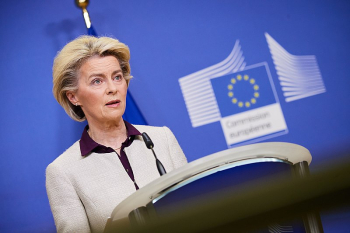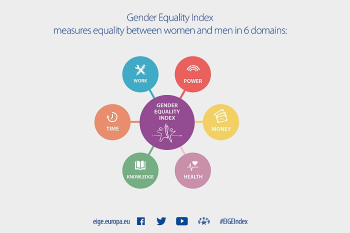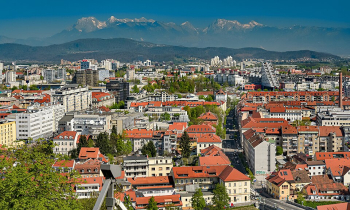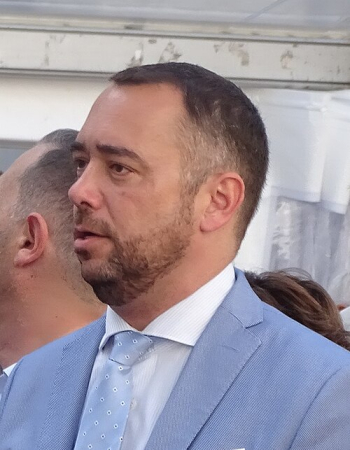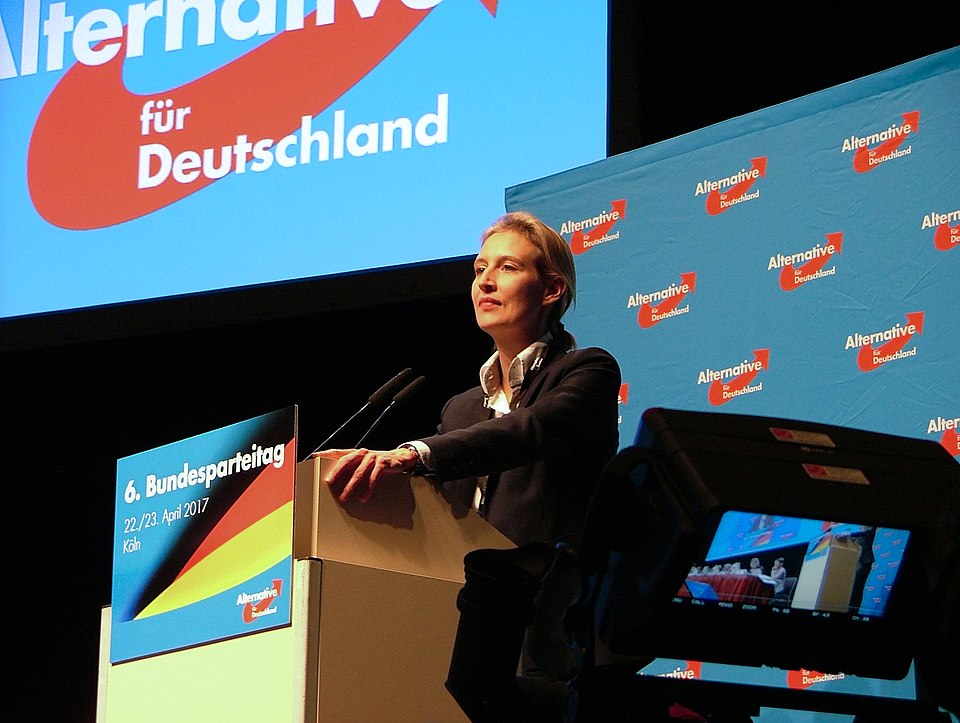
Germany has officially classified the far-right Alternative for Germany (AfD) party as an extremist organization, granting intelligence services expanded authority to monitor its
activities — a decision welcomed by Jewish community leaders.
The designation, announced Friday by the Federal Office for the Protection of the Constitution (BfV), follows AfD’s strong second-place showing in national elections earlier this year. Despite the electoral success, the party was excluded from Germany’s new governing coalition.
AfD has long been criticized for xenophobic rhetoric, downplaying the Holocaust, and fostering an environment that many Jews find deeply troubling. It has also gained international attention — and controversy — due to endorsements from high-profile figures like U.S. Vice President J.D. Vance and tech mogul Elon Musk.
The BfV’s extensive 1,100-page report concluded that the AfD promotes racist and anti-Muslim ideologies. With the extremist label, the domestic intelligence agency now has greater legal authority to surveil the party more closely, including the use of undercover informants — a step that could pave the way for further legal action or even banning the party from holding public office.
Josef Schuster, president of the Central Council of Jews in Germany, expressed strong support for the decision. Writing on X (formerly Twitter), he called the AfD “the parliamentary arm of the growing extreme right in Germany” and warned that its members must never gain access to government or security-sensitive roles.
AfD officials condemned the move, describing it as an attack on democratic principles. The party plans to contest the classification in court, though it previously lost a legal challenge against a lesser designation as a suspected extremist group.
European right-wing leaders, including Italian Deputy Prime Minister Matteo Salvini, have voiced solidarity with the AfD. Meanwhile, other European nations are also grappling with the far right’s political influence. Austria’s far-right party was recently excluded from that country’s ruling coalition, and Romania is set to re-run its presidential election after the initial results — favoring a candidate who praised an antisemitic fascist figure — were annulled due to suspected Russian interference. Photo by Olaf Kosinsky, Wikimedia commons.


